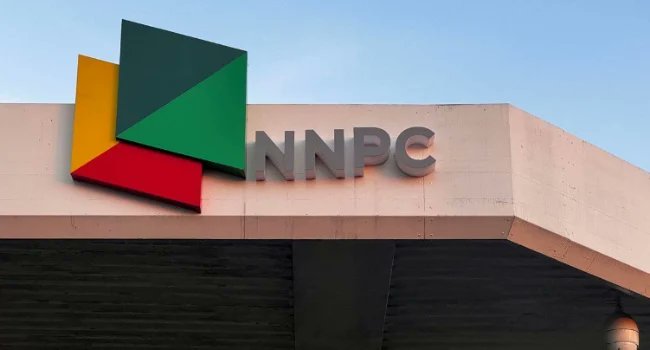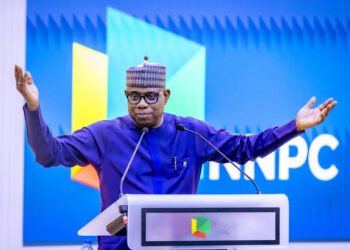The Nigerian National Petroleum Company (NNPC) Limited has announced its intention to engage private companies to oversee the operation and maintenance of its refineries in Kaduna and Warri.
The national oil company made this disclosure in a circular on Thursday through its official X account.
NNPC stated that these companies will play a crucial role in ensuring reliability and sustainability to meet the nation’s petrol supply and energy security needs.
“The Nigerian National Petroleum Company (NNPC) Limited is an integrated Oil and Gas company engaged in petroleum/gas exploration, refining and petrochemicals, transportation, storage, and marketing.
“NNPC Ltd is seeking to engage reputable and credible Operations & Maintenance (O&M) companies to operate and maintain two of its refineries, Warri Refining and Petrochemical Company (WRPC) and Kaduna Refining and Petrochemical Company (KRPC), to ensure reliability and sustainability to meet the nation’s fuel supply and energy security obligations,” the circular said.
The circular further indicates that the tender process for the refineries will be handled as a single tender, conducted in three stages—Expression of Interest (EOI), Technical, and Commercial.
According to the circular, this process will take advantage of all possible cost-saving opportunities related to the procurement of consumables, personnel management, and the use of systems such as Computerized Maintenance Management Software (CMMS) and Warehousing Management System (WMS).
Additional Requirements for Eligible Firms
The circular also stipulates certain statutory requirements for companies seeking to bid for the company:
- Evidence of Company registration and Incorporation issued by the respective governing body, Certified true copy of the Certificate of Incorporation obtained from the Corporate Affairs Commission (CAC) within the last twelve months ending August 2024 and CAC last annual return and means of submission of business names or companies certified true copy of the Certificate true copy of statutory documents indicating ownership structure of company, names of major shareholders and percentage shareholding(s).
- Provide a detailed Company profile and a signed letter of application indicating interest on the company’s letterhead paper bearing amongst others, telephone number, email address and Company full address duly signed by the applicable authorized/ Company official.
- A verified office address of your branch offices with a Company name/company shall be addressed to NNPC Ltd. Copy of the Tax Clearance Certificate for the past three (3) years: 2021, 2022 & 2023 (Receipts not acceptable) issued by the Federal Inland Revenue Service for national companies and similar documentation from the respective governing body for foreign companies. Certification must be valid up to 31st December 2024.
- Financial statements of the company for the past three (3) years: 2021, 2022 & 2023.
- Certainty of capacity to undertake and dispose satisfactorily the contract within the specified time frame.
What you should know
The Kaduna and Warri refineries are two of the refineries four refineries owned by the Nigerian National Petroleum Corporation (NNPC) Limited for decades.
The country has four state-owned refineries, which are located in Port Harcourt, Kaduna, and Warri.
The lack of functional refineries has forced Nigeria to rely heavily on imported refined petroleum products, which has had a significant impact on the country’s economy.
NNPC boss, Mele Kyari, recently assured that the Port Harcourt refinery will commence operations this August. He also stated that the other three refineries in Kaduna and Warri would start operations in the second half of 2025.
This announcement comes as part of the government’s ongoing efforts to revitalize the nation’s refining capacity and reduce dependence on imported petroleum products.
However, there are doubts about this pronouncement because this is not the first time Kyari has made such a projection. Previous deadlines for the resumption of refinery operations have not been met, leading to skepticism about the feasibility of the current timeline.






















